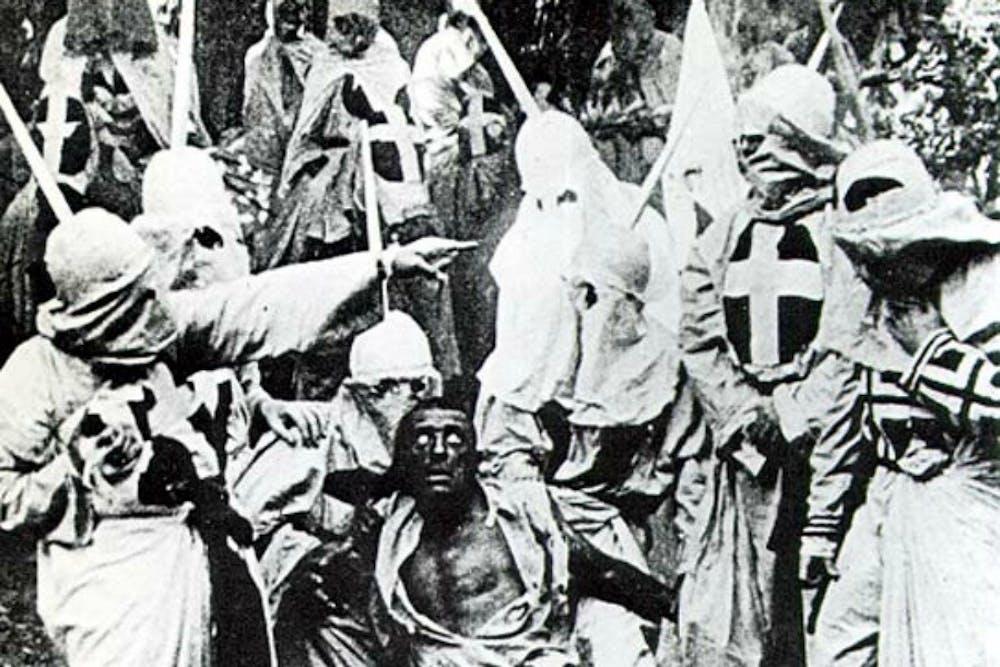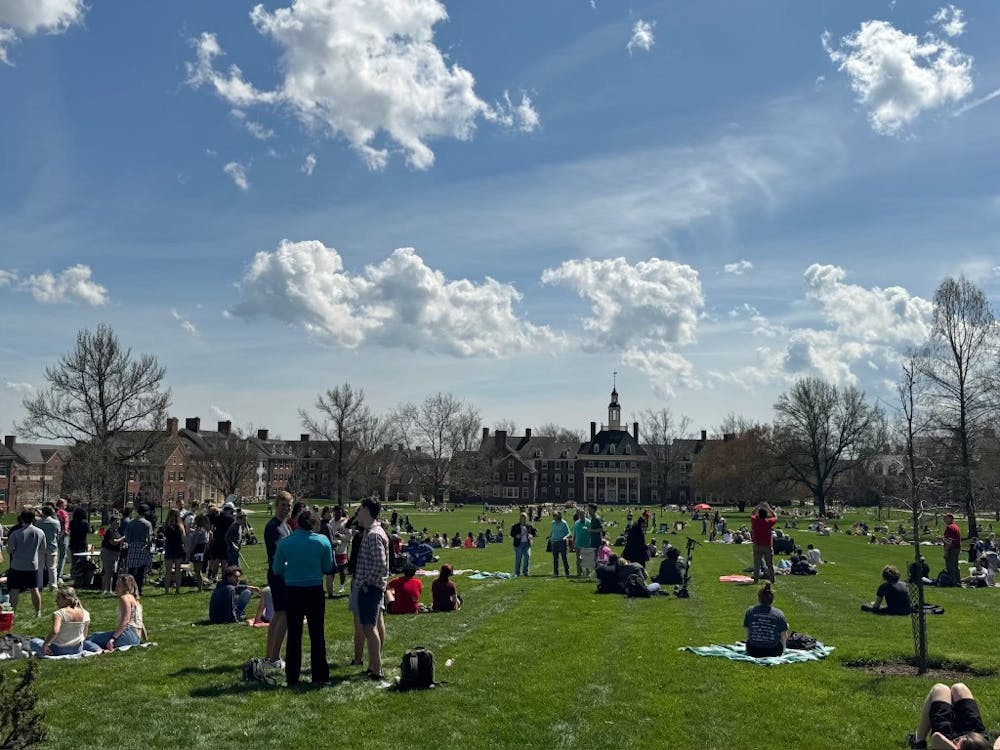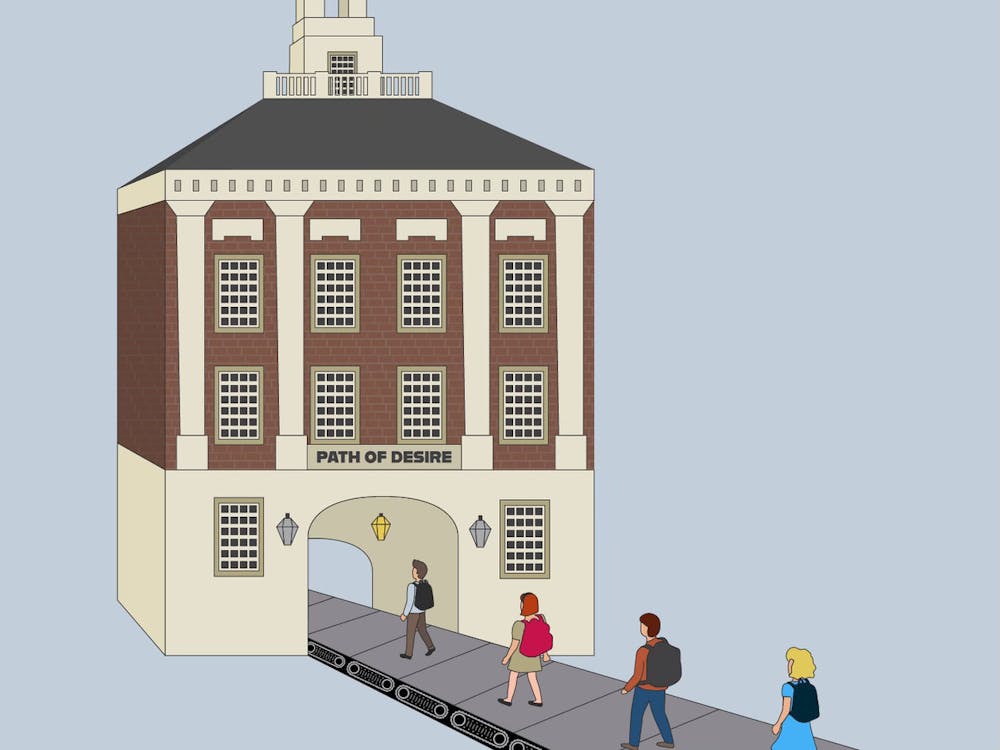Milam's Musings, milambc@miamioh.edu
Gore Vidal said at one point, "We are the United States of Amnesia, we learn nothing because we remember nothing."
When it comes to America's racial history, particularly terror lynchings of black people by white people, "amnesia" is too generous. There's something more nefarious going on.
Americans seem to actively rebel against a reckoning with history by erecting monuments and memorials to the purveyors of that racial history.
The Equal Justice Initiative (EJI) issued a report last February titled, "Lynching in America: Confronting the Legacy of Racial Terror," and it's a report worth revisiting and discussing.
The reverence still given to the Confederate battle flag in the South is an obvious example, but there are also countless memorials, monuments, street names and schools dedicated to Robert E. Lee, Nathan Bedford Forrest - father of the Ku Klux Klan - and others that give a false glory to the past.
It's hard to get an exact tally of how pervasive this glorification of the past runs in the South - and in various spots in the North, too.
Consider the absurdity of this. It is unambiguously the case that the Confederacy was created for the express purpose of maintaining and continuing a slave empire. The primary historical documents are clear on this.
Mississippi's secessionist document states, "Our position is thoroughly identified with the institution of slavery - the greatest material interest of the world."
It is also unambiguously the case that the Confederate battle flag was returned to public view in the late 1940s, 50s and 60s as a symbol in defense of Jim Crow laws and racial segregation.
And yet, today, the architects of that slave empire are revered, memorialized and their actions couched in the "Southern heritage" of nobility and bravery.
This isn't a case of mere amnesia to the past, this is actively rewriting it to a more favorable telling for the South.
Enjoy what you're reading?
Signup for our newsletter
Imagine how bewildering it would be to go to Germany and see monuments and dedications to members of the Nazi empire. Or to see Germans riding around in trucks with the swastika flag billowing in the wind.
This is why EJI's report on terror lynchings in the Southern states should be read wide and far. If we can't even get the past right, then we will continue to fail in the present, which is indubitably linked to that past.
Unfortunately, the blurring of the past occurred even in The New York Times' reporting on EIJ's report, also from last year.
The only time "White" is mentioned is in reference to the white girls or women that black men were accused of socially transgressing against or killing.
As Vox author Jenée Desmond-Harris noted, "... if we don't become more comfortable being explicit about the racial identity of the people doing the oppressing, we're failing to tell the whole story."
EJI documented 3,959 lynchings of black people in twelve southern states [Alabama, Arkansas, Florida, Georgia, Kentucky, Louisiana, Mississippi, North Carolina, South Carolina, Tennessee, Texas and Virginia] between the end of Reconstruction in 1877 and 1950, which is at least 700 more lynchings in these states than previously reported.
Florida, Mississippi, Arkansas and Louisiana had the highest statewide rates of lynchings in the United States, while Georgia and Mississippi had the highest raw number of lynchings.
"Many victims of terror lynchings were murdered without being accused of any crime; they were killed for minor social transgressions or for demanding basic rights and fair treatment," the report states.
In other words, lynchings were a way of reinforcing Jim Crow laws and racial segregation.
Thousands of blacks fled the South into the North and the West, i.e., they were refugees from terror. But these southern states have gone out of their way to obfuscate that history.
"These communities celebrate and honor the architects of racial subordination and political leaders known for their belief in white supremacy," the report states.
The death penalty came to replace lynching, which means the death penalty has deep roots in this history and it continues today, given the disproportionality of those killed by the death penalty. For instance, a defendant in a murder trial is more likely to get the death penalty if the victim is white than if the victim is black. Black defendants are also 1.7 times more likely to receive the death penalty.
But it's the brutality of these lynchings that should most shake our collective consciousness into reckoning with this history.
In one case cited by EIJ from Dyersburg, Tennessee, a mob tortured Lation Scott with a hot poker iron, gouging out his eyes, shoving the hot poker down his throat and pressing it all over his body before castrating him and burning him alive.
Or the fact that many of these lynchings were public spectacles. In 1904, as Luther Holbert and his wife's fingers and ears were chopped off, his skull battered in and burned alive, white men, women and children watched "while enjoying deviled eggs, lemonade and whiskey in a picnic-like atmosphere."
Keep in mind, too, the period EIJ is looking at: 1877 to 1950. That means the tail end of lynchings in America and Jim Crow segregation is within many Americans' living memory, if they so choose to exercise it.
"The absence of a prominent public memorial acknowledging racial terrorism is a powerful statement about our failure to value the African Americans who were killed or gravely wounded in this brutal campaign of racial violence," the report states.
In a just America, the South's actions during the Civil War would be placed within their proper historical context and the Confederate battle flag would be scorned.
In a just America, the South's landscapes would be dotted with memorials to the victims of these racial terror killings.
In a just America, black lives of the past would matter, but we can't even get the black lives of the present to matter.
A just America, yeah, that would be nice.




